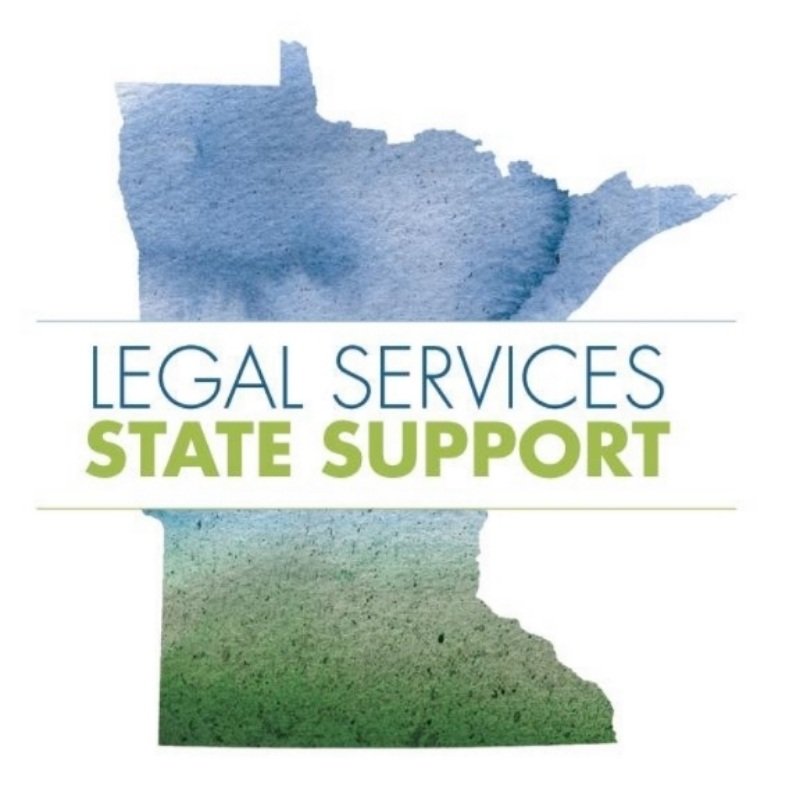Started in 2017, a free wills clinic hosted by Legal Assistance of Olmsted County (LAOC) has been helping area seniors with legal paperwork. Volunteer attorneys review and update wills, powers of attorney and health care directives during the clinics. LAOC executive director Karen Fairbairn Nath said that seniors frequently think their wishes are covered, but it’s best to have a legal expert review and update documents. Pro bono attorneys with the program have seen the negative consequences of not having a valid will play out in court.
Chris Wendland of Rochester’s Wendland Utz law firm, and Alyssa Jerde of Wagner Oehler, both work with estate planning on a routine basis and volunteer regularly at the clinics.
“People attending the LAOC wills clinics are not that different from the clients I work with privately,” Wendland said. “They might not know as much about event planning coming in, but their needs are the same.”
Along with legal help, the wills clinics have begun including consultations with advocates from Elder Network, who can provide additional community resources and support. In collaboration with the Rochester Public Library, wills clinics provide a comfortable setting for what can be a difficult conversation.
The next clinic will be held in late April at the Rochester Public Library for income eligible residents who are at least 55 years old. LAOC is taking reservations for the available spaces, based on the number of volunteer attorneys on hand. For more details, read “Income-restricted seniors offered help with wills and other paperwork” in the Rochester Post Bulletin.



